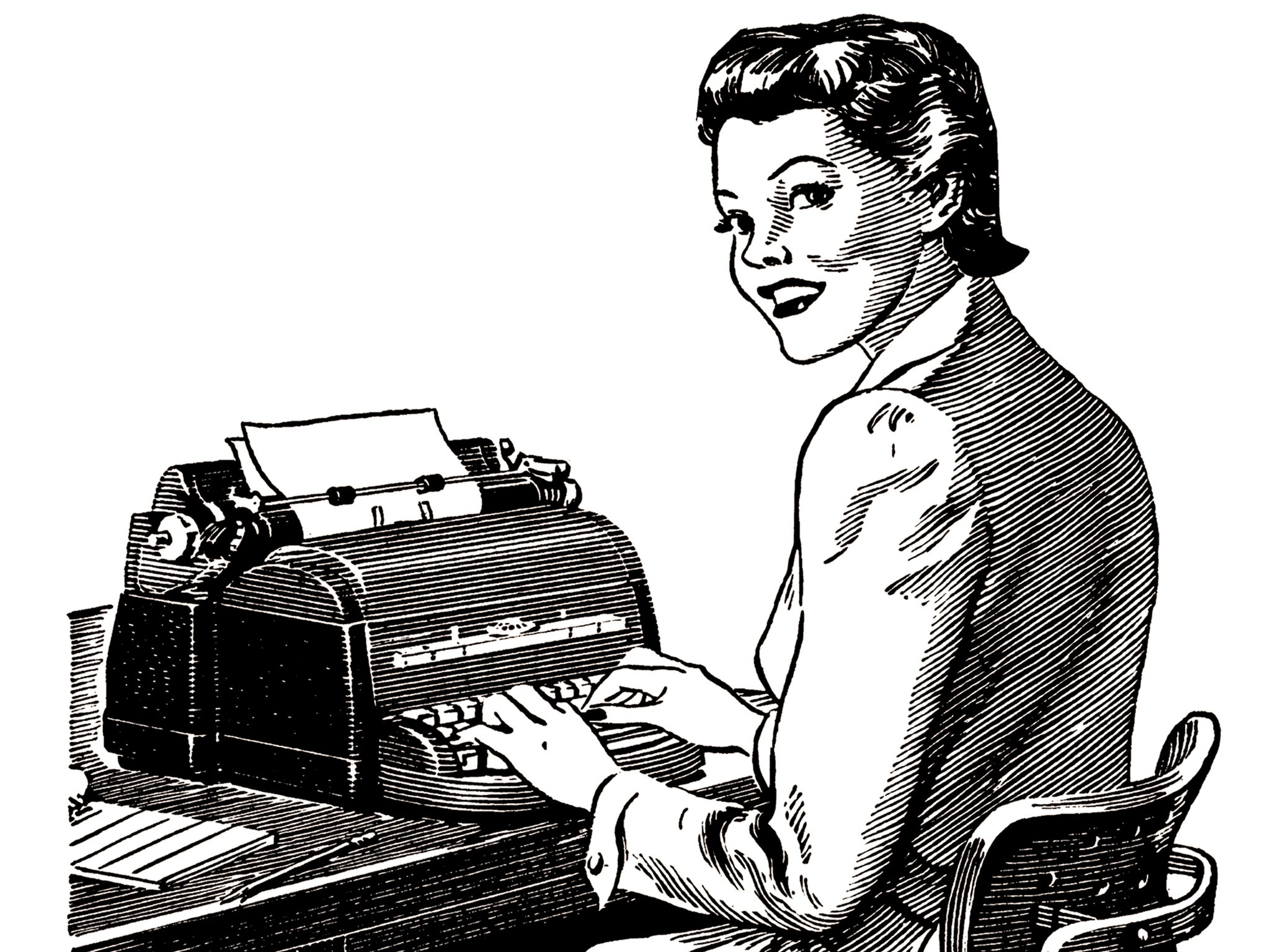The rising wedding trend so secret most guests won’t notice it
The best man’s toast may have brought the house down… but did he actually write it? Katie Rosseinsky digs into the booming wedding day speech-writing industry that few dare talk about


It’s still very much seen as a secret service,” Heidi Ellert-McDermott explains. “I’d say that 97 per cent of our clients don’t tell anyone.” The secret that her clients are keeping from their significant others? It’s nothing remotely salacious – rather than googling gags and hoping for the best, they’ve just hired a ghostwriter to work on their wedding speech.
Ellert-McDermott’s company Speechy “is definitely not a word-of-mouth business”, but over the past eight years, they’ve still managed to find customers all over the world. On the afternoon we speak, she’s already been chatting to fathers-of-the-bride in the United States and in Asia, as well as a bride-to-be in Australia. After more than a decade in TV – where she produced, directed and wrote for programmes, including The Sharon Osbourne Show and Richard Hammond’s 5 O’Clock Show – the idea came to her during a summer in which she spent every other weekend watching friends and loved ones get married.
“I saw lots of speeches – some of which were lovely… others that were disasters, and lots of ones in between that were just really boring, really cut and paste,” she says. These days, she leads a team of five writers, who have worked on TV, radio shows and in comedy, offering services from speech templates and bespoke writing to delivery coaching.
Whether you’re a best man trying to bring the house down, a father-of-the-bride struggling to emote or a maid of honour shaking up patriarchal traditions, there is a lot of cultural pressure to pull off the perfect wedding speech, says Zoe Burke, editor of Hitched. “[And] perhaps more so than ever,” she says, “as you know you’re likely to be filmed, and we’ve all seen viral speeches storm social media”. The flip side, surely, is that no one wants to be confronted with a digital copy of them bombing on stage in front of their nearest and dearest.
According to recent research from Hitched, 42 per cent of nearly weds said the thought of their speeches made them feel nervous, so it’s no wonder that wedding parties are turning to professionals – even if they are keeping quiet about it. Fifty-seven per cent of the 538 respondents in another Hitched survey said that they wouldn’t confess to hiring a ghostwriter, while 62 per cent claimed that they “would mind” their partner doing so. Steven Black, who worked with the broadcaster Jeremy Nicholas to help “stitch together” his draft speech for his daughter’s wedding last summer, only told his wife and daughter. He does note, though, that people don’t tend to come up to wedding speakers afterwards and start demanding their bona fides. “I don’t think anybody particularly asked me. People are happy that the speeches were good and then the party moves on. But if somebody had asked me, I would have told them.” Working with an expert, he adds, “took a weight off my mind… it meant that on the day of the wedding, I was completely relaxed about it.”
“People back in the day would refer to [ghostwriting] as cheating, and I’ve never got that at all,” says Adrian Simpson, a professional speechwriter at All Speeches Great and Small. “Most people give up creative writing when they’re 16,” he adds – so why do we expect them to turn into great orators on a day when they’re likely a little overwhelmed, as well as several champagnes deep?
Simpson, who started his career in journalism and later presented Top Gear, has written for plumbers and Premier League footballers – and for plumbers giving speeches in front of Premier League footballers. “[They] will find themselves surrounded by a lot of very famous people and they are feeling the pressure tenfold.” What unites many of them is a wariness of public speaking. “They’re worried about being funny, they’re worried about embarrassing themselves.”
I always say the most dangerous type of wedding speaker is the one that believes they’ve turned into Jimmy Carr for the afternoon
One of his clients “was made best man seven years before the [groom] actually got married… he said, without any exaggeration, it had ruined those seven years of his life because he was just really worried.” Another was the grandson of British comedy royalty. “He said, ‘because of who my grandad is, everyone’s expecting me to be really funny.’ He said, ‘Adrian, I work in IT support, I don’t do funny.’ That’s fine, we helped him out.” Carole Spiers of The Wedding Speech Expert had a successful career in stress management before she spotted a gap in the market. “So many people were saying, ‘I’ve got a speech coming up, it’s so stressful – what do I do about it?’” she explains.
Simpson starts off the writing process with a phone call; both Spiers and Ellert-McDermott, meanwhile, send clients an initial questionnaire to get them thinking. “We need to get a better sense of who they actually are,” Ellert-McDermott explains. “We need to know their quirks, and what frustrates you about [the other person] – sometimes it’s the questions that you wouldn’t think to ask yourself that actually do bring a bit of sweetness, and a bit of depth, so that it’s not just cheesy.” She wants to know the specifics of their relationship, rather than hearing the “white noise” of wedding clichés (the internet, she adds, has made our speeches “so generic – if you’re going through a season of wedding invites, it’s likely you’ll hear quite a few of the same lines”).
Most potential clients will get in touch a month or so before the nuptials - although Simpson tends to “get quite a few calls on the day of the wedding”. A few years back, he attended a ceremony where, “after the church service, the groom came up to me and said, ‘Can you write the speech?’ And I did – I wrote him a speech while having a drink in some part of the hotel.” A wedding ghostwriter, it seems, is never off duty.
He is wary of outright gags, and of best man speeches that are just an exercise in public humiliation. “I always say the most dangerous type of wedding speaker is the one that believes they’ve turned into Jimmy Carr for the afternoon,” he says. He cites one “horrific” example of edgy humour at a ceremony he attended about a decade back. “The two best men used scripted gags off the internet… One of the jokes at the very end used the world’s worst swear word as a punchline – I’ve never seen anything like it. Everyone was just stunned into silence.”
Of course, it’s not just expletives and off-colour jokes that can make speeches a minefield. Weddings, as Simpson says, can put “a spotlight onto some really challenging family situations”. There might be divorced parents sitting on the top table who haven’t spoken for years; he has even had to write for a father of the bride who “sacked his future son-in-law four weeks before the wedding”. When the family doesn’t like the groom, say, or the best man isn’t so keen on their friend’s new partner, Spiers says she often has to gently remind them: “This is not your day, it’s [the bride and groom’s] day. You haven’t got to live with them.”
In one of her most sensitive jobs, “the mother of the bride was very ill, and they just hoped that she was going to make it to the reception. It was almost like the father was saying his goodbyes to his wife, so that really took a lot of work.” In scenarios like this one, her parallel work as a counsellor proves useful. “I ask loads of open questions, listen to the responses and then follow it through to something else.” Simpson says he often ends up knowing “all kinds of background stories, that quite a lot of the family don’t know” – “they will open up to me because they’ll never meet me”.

Even the writing process itself can be emotional. “There’s always the little things they say that you’re struck by,” Ellert-McDermott says. “I’m probably the most brutal of us, but the writers say they do cry writing some speeches, or when they’re reading them back.” Sometimes, she jokes, a readthrough “can make me come away and feel resentful to my husband for his lack of romance. Like, ‘look at this groom, what he’s saying about his wife!’”
The most recent National Weddings Survey conducted by Hitched found that the average nuptials costs around £18,400. Hiring a speechwriter might “feel like an extra expense to justify”, Burke says. But Ellert-McDermott sees words as an investment. “From our point of view, no one’s going to talk about the font of the table plan. Speeches are not only something that people talk about, they change people’s feelings.”
Even while other facets of the wedding industry have become “so much more individual and bespoke”, she notes, “speeches are still taking a while to catch up”. Many (straight) ceremonies still default to the trinity of groom, best man and father of the bride, but that is slowly starting to shift. Some couples opt for a joint speech, while the bride or groom’s mothers are increasingly speaking up. “Society has changed, so this has got to change as well,” Spiers says.
Whoever is doing the talking, though, Ellert-McDermott reckons that the best addresses “remind the people in the audience that they have that common bond. I think a good speech should be like watching a good romcom. It should generate that oxytocin in everyone listening to it, not just in the person you’re directing it to.”
‘The Modern Couple’s Guide to Wedding Speeches’ by Heidi Ellert-McDermott is out now
Join our commenting forum
Join thought-provoking conversations, follow other Independent readers and see their replies
Comments


Bookmark popover
Removed from bookmarks